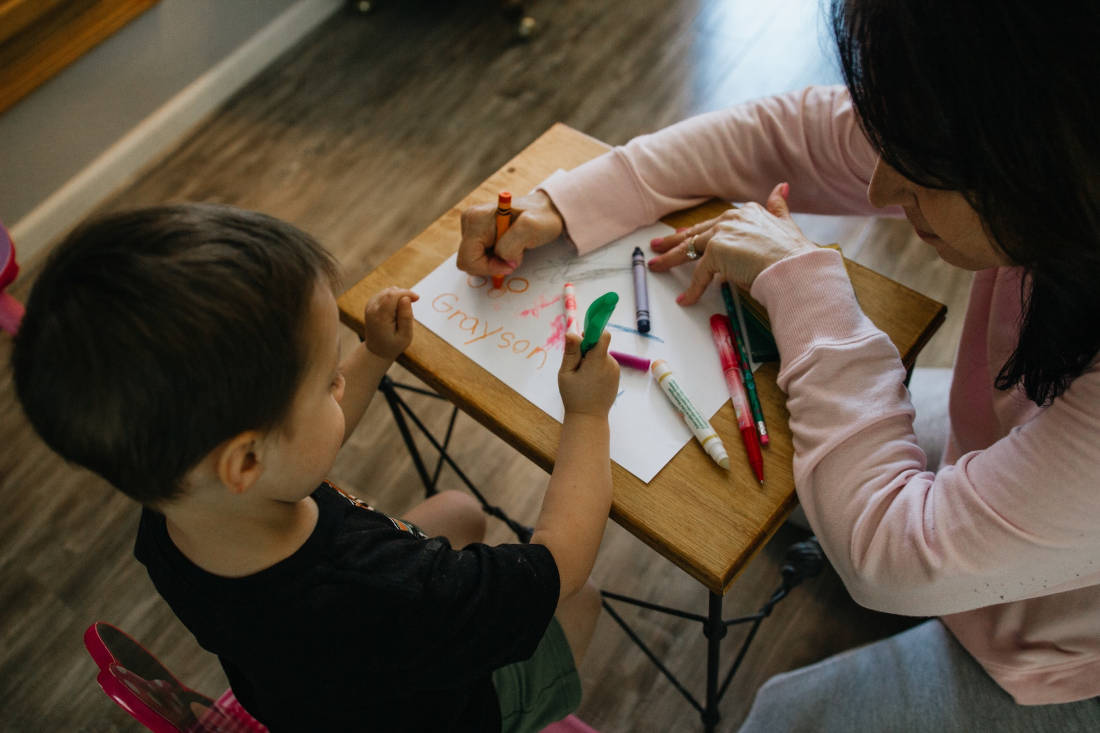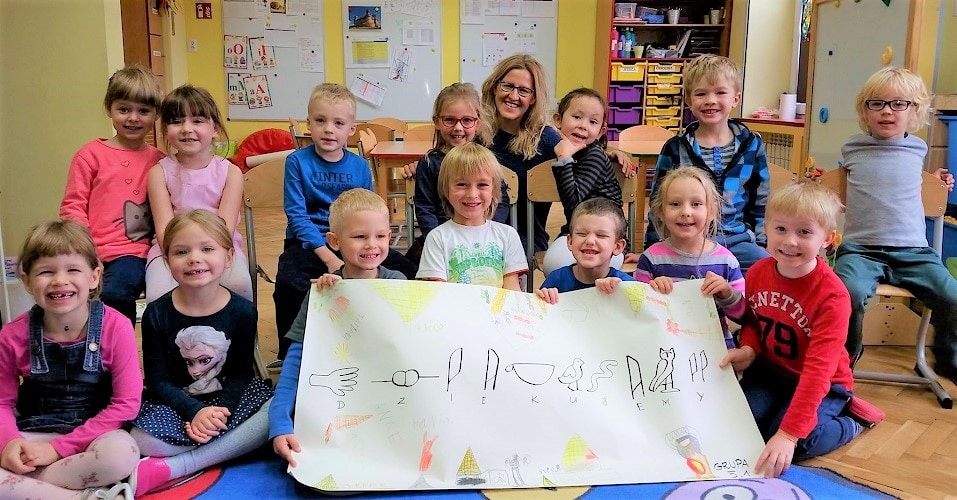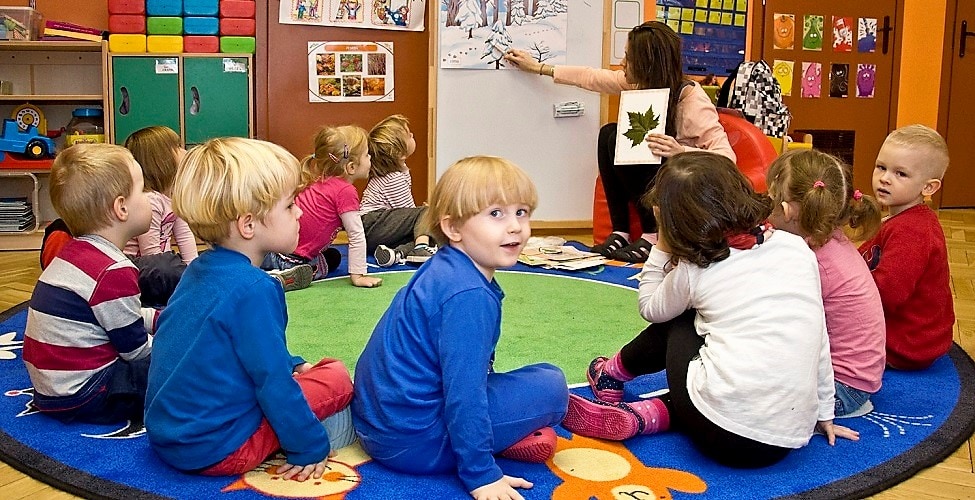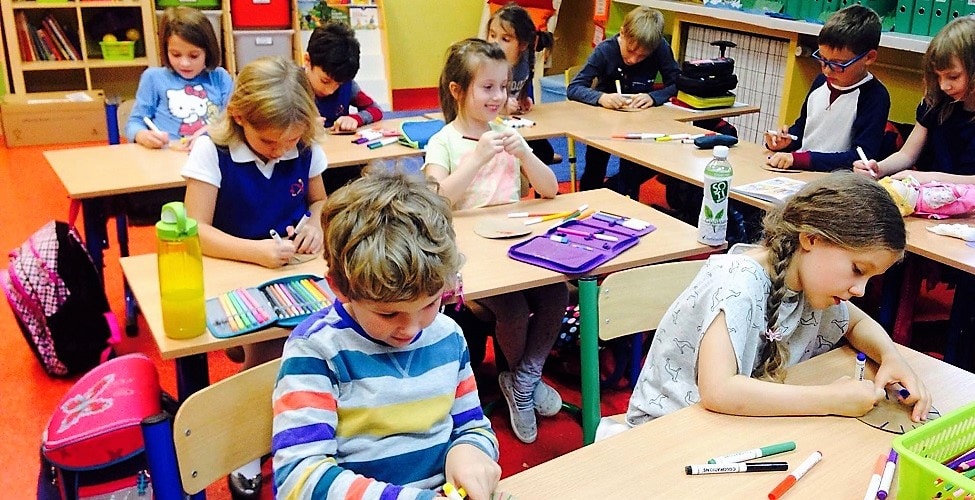The Faster, The Better. The Ability to Learn a Foreign Language Diminishes With Age!

In the words of the famous phrase, “The sooner, the better.” The ability to learn a foreign language diminishes with age! As we age, acquiring the skill of speaking a foreign language, just like native speakers, becomes increasingly challenging. In one of the most extensive linguistic studies involving over 660,000 participants, researchers from three Boston universities demonstrated that children have the capacity for effective second language learning until the age of 18. This is approximately a decade longer than suggested by earlier research!
They created a short online grammar quiz called “Which English?” that tested, among other things, the ability to match the verb to the noun in terms of number and person (subject-verb agreement), the skill of using pronouns and prepositions, and constructing complex sentences. Based on the answers, the algorithm predicted the participant’s native language and indicated which dialect they used (Canadian, Irish, Australian, etc.). Some questions included phrases that a resident of Chicago might consider grammatically incorrect but would be entirely acceptable English for a resident of Manitoba.
Interest in the study exceeded the expectations of scientists!
The most excitement among participants was generated by attempts made by the algorithm to determine the origin of each of them. Joshua Hartshorne, a psychology assistant professor at Boston College and a Ph.D. student at the Massachusetts Institute of Technology who led the study, emphasized that when the algorithm correctly identified their origin, people were amazed: “Oh my God, science is amazing!”, and when it made a mistake, they laughed heartily: “Silly bot!”
At the peak of its popularity, the test site was receiving up to 100,000 visits a day, and people eagerly shared it on social media. The study attracted native speakers of 38 different languages!
Results of the researchers’ study – how long does it take to learn a foreign language like a native speaker?
Based on the results, researchers developed models predicting how long it takes to achieve fluency in a given language and at what age it is best to start learning. They suggest that the period during which language learning is most effective, allowing for achieving native speaker level, extends from early childhood to late adolescence, with the best results achieved by individuals who began learning before the age of 10.
Read on the blog:
This does not mean that we cannot learn a new language if we are over 20. Although our ability to learn new vocabulary remains relatively constant, most of us will no longer be able to master grammar to speak like a native speaker.
Why do language learning abilities deteriorate?
There are three main theories explaining why the ability to learn a foreign language decreases after the age of 18:
- Social changes. As individuals grow up and mature, they experience significant changes in their social environment. For children and teenagers, school provides a natural environment where they have regular contact with foreign language learning. In contrast, adults often work in an environment dominated by their native language, limiting contact with foreign languages and opportunities for practical use.
- Interference from the native language (knowledge of the grammatical, phonetic, and vocabulary rules of one language affects the way one learns or uses another language). Over time and with increased proficiency in the native language, the brain becomes more “tuned” to its grammatical and phonetic structures, making it more challenging to achieve fluency in a foreign language.
- Further brain development. During adolescence, the brain undergoes significant changes in structure and function, affecting cognitive abilities, including language learning. These neurological changes can influence how young people acquire new languages, making the process less effective after the age of 18. Studies indicate that children and teenagers have greater neurological flexibility, allowing them to more easily grasp the grammatical structures of new languages.
Language immersion – the best language learning method
Language immersion, or full immersion in a foreign language, harnesses this natural language learning ability, enabling students not only to learn grammar and vocabulary but also to gain proficiency in understanding cultural contexts and language nuances. This method is particularly effective if started before the age of 10, as emphasized in the study. Learning through immersion not only accelerates the language learning process but also allows for a deeper understanding and natural use of the language, crucial for achieving native speaker level.
So, perhaps more important than WHEN you learn a language is HOW you do it. Individuals who learned through complete immersion—such as spending a significant part of their lives in an English-speaking country—speak English much more fluently than those who learned it solely in school or through courses.
When is the best time to start learning a foreign language?
The effective period for learning a foreign language, where one can achieve a level close to that of a native speaker, lasts much longer than previously thought. However, as mentioned, it is best to start learning before the age of 10, or even earlier, from the earliest years.
Starting to learn a foreign language at a younger age allows for better assimilation and understanding of grammatical structures, accents, and language nuances, promoting fluency at the level of a native speaker. A younger age is also a period during which the brain is more flexible and open to new language structures, significantly facilitating the learning of a new language.
Read more on the blog:
When is the best time to start foreign language learning for children?



